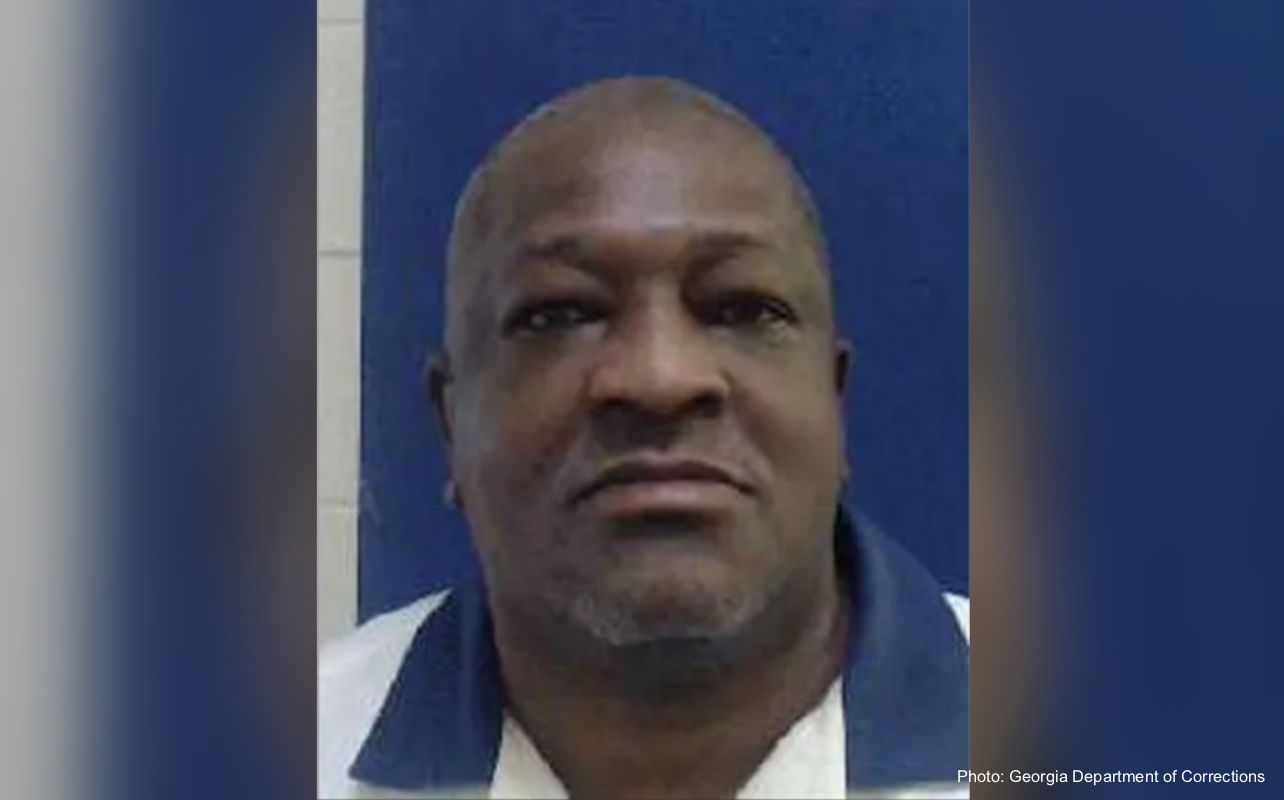
March 21, 2024
Georgia Convict With Intellectual Disability Willie Pye, Executed Despite Evidence
Despite evidence indicating intellectual disability, a Black man from Georgia was executed for murdering his ex-girlfriend and other crimes.
Despite evidence indicating intellectual disability, Willie Pye, a Black man from Georgia convicted nearly three decades ago for murdering his ex-girlfriend and other crimes, was executed on Mar. 20, according to Huffington Post.
Pye, 59, was convicted in 1996 for the kidnapping, robbery, rape, and murder of his ex-girlfriend, Alicia Lynn Yarbrough. Although evidence of Pye’s intellectual disability surfaced, his public defender, during the trial, failed to effectively present this to the jury.
Attorneys representing Pye attempted to halt his execution through court filings, urging Georgia’s Board of Pardons and Parole to grant clemency. However, their efforts were unsuccessful, and Pye was executed despite ongoing concerns about procedural errors and the lack of adequate defense during his trial.
“We just feel that there should be mercy granted. We have parole boards so that they have the opportunity to grant mercy when the law fails. And for Willie, the law has failed,” Cathy Harmon-Christian an executive director of Georgians for Alternatives to the Death Penalty, said to the Huffington Post,.
In a plea for clemency, Pye’s lawyers highlighted his traumatic childhood and mental health issues, factors they believe should have warranted a life sentence instead of execution. “Had defense counsel not abdicated his role, the jurors would have learned that Mr. Pye is intellectually disabled and has an IQ of 68,” stated Pye’s lawyers in a clemency application to the board. “They also would have learned the challenges he faced from birth—profound poverty, neglect, constant violence, and chaos in his family home—foreclosed the possibility of healthy development. This is precisely the kind of evidence that supports a life sentence verdict.” The parole board, however, declined to grant clemency.
Witness testimonies from the trial portrayed Pye as a danger to society, emphasizing his potential for future violence. Despite this, Pye’s legal team argued that his defense attorney at the time, Johnny Mostiler, failed to adequately investigate and present evidence of Pye’s troubled background during the trial.
Investigator Dewey Yarbrough, who assisted Mostiler in Pye’s trial, testified that insufficient effort was made to explore Pye’s intellectual disability and traumatic upbringing. Pye’s family members, who were called to testify, were also criticized for their lack of cooperation in providing evidence to support Pye’s case.
The execution of Pye, despite his intellectual disability and concerns about his legal representation, underscores ongoing debates about the fairness and efficacy of the death penalty system in the United States.